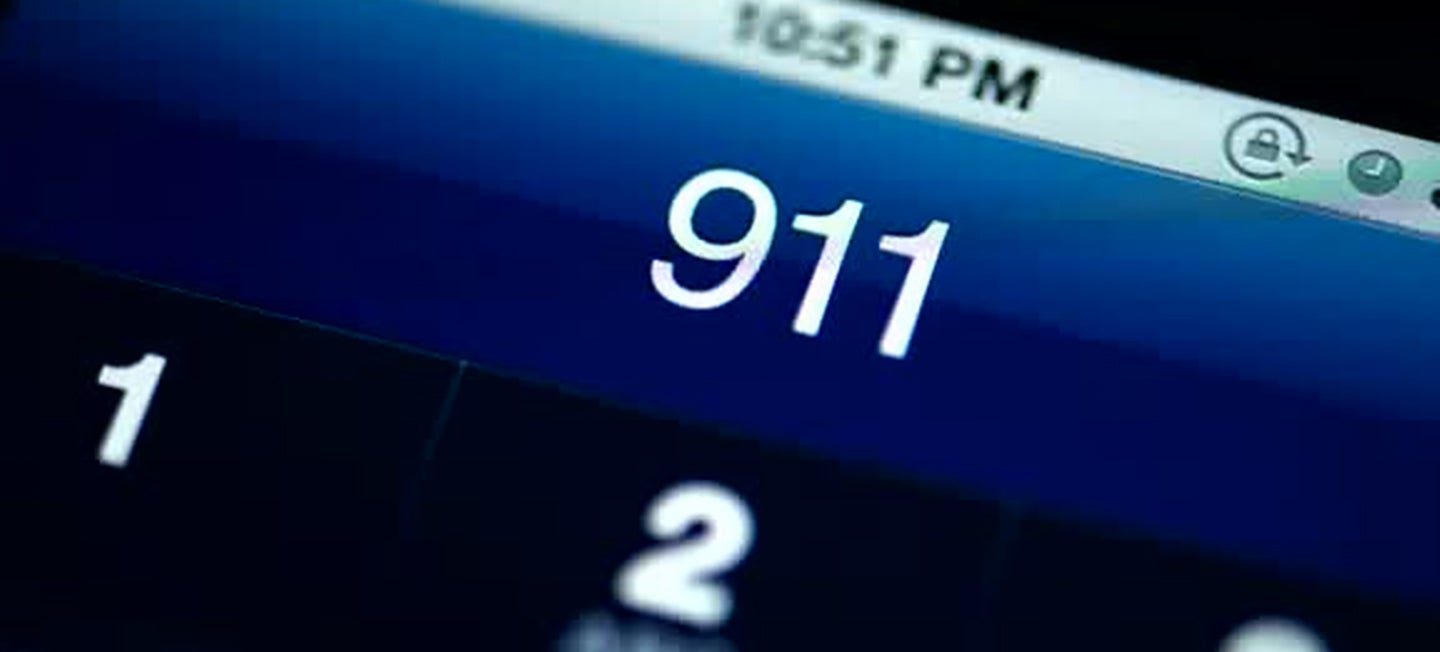Today, your Uber driver can locate you faster and more accurately than 9-1-1 can. Our 9-1-1 system, created in the time of landlines, is woefully antiquated. You’re not nearly as well protected as you may think. In most cases, when you call 9-1-1, your mobile GPS location is not transmitted (Don’t believe me? John Oliver did a whole bit on this recently).
Add to that slow response times in cities due to overload (and in rural areas due to distance), the many horror stories of 9-1-1 calls actually being put on hold, and the fact that instead of notifying a mere single, remote call center, you could be notifying many parties simultaneously.
To make matters worse, four billion people on earth don’t even have 9-1-1, at all. For them, there is no magic phone number for when things go wrong. And yet, many of these same people are now armed with smartphones - supercomputers in their pockets.
We can do better. A lot better. And fortunately, empowered with today’s technologies and the ever-growing community of problem solvers, a solution is out there.
Picture this: You might be under assault, have a medical emergency, or maybe you simply feel unsafe. You push a button. Nearby community members get a notification and come to the rescue. Whatever your emergency, a single button push on a small, low-cost, durable device (think a keychain, or a ring, or bracelet, or even a subdermal chip) instantly sends an alert to your pre-determined community members.
To make this vision a reality, Guardian Circle has partnered with the Anu and Naveen Jain Women’s Safety XPRIZE. The competition is designed to foster innovation in the creation of a transformative and autonomous panic button device that will ensure safety for all. It must be affordable (under $40), inconspicuous in size, durable, and have long range and a long battery life.
Guardian Circle has opened its API for free to all competing teams in the Anu and Naveen Jain Women’s Safety XPRIZE. When the alert is triggered, the device signals our API and Guardian Circle will help take care of organizing the response. This frees the teams from replicating the emergency intelligence grid we’ve already built, and allows them to focus solely on their technologies.
Be Bold For Change
March 8th, 2017 marks International Women’s Day, and this year’s theme is ‘Be Bold For Change’. Being bold means pushing boundaries: seizing new ground and taking new responsibility.
The combination of a new innovative safety device emerging from the Women’s Safety XPRIZE, plus an emergency intelligence grid will be extremely powerful for protecting all of us worldwide, but it will be especially impactful in helping women stay safe.
A private alert network that immediately brings citizen help to a woman’s side - whether she simply feels unsafe or is in dire need of such aid - is an intervention our world needs. While it is true that technology can deliver these alerts, it will ultimately be up to us - the people to deliver the actual Boldness to answer those calls for help. It will take our collective courage to do so. So here’s to standing up to #BeBoldForChange. May we these new tools to make a difference and ensure safety for everyone.
Mark Jeffrey is the Founder & CEO of the Guardian Circle app. Guardian Circle will provide Women’s Safety XPRIZE teams free API access to Personal Safety Network ‘Intelligence Grid’.
